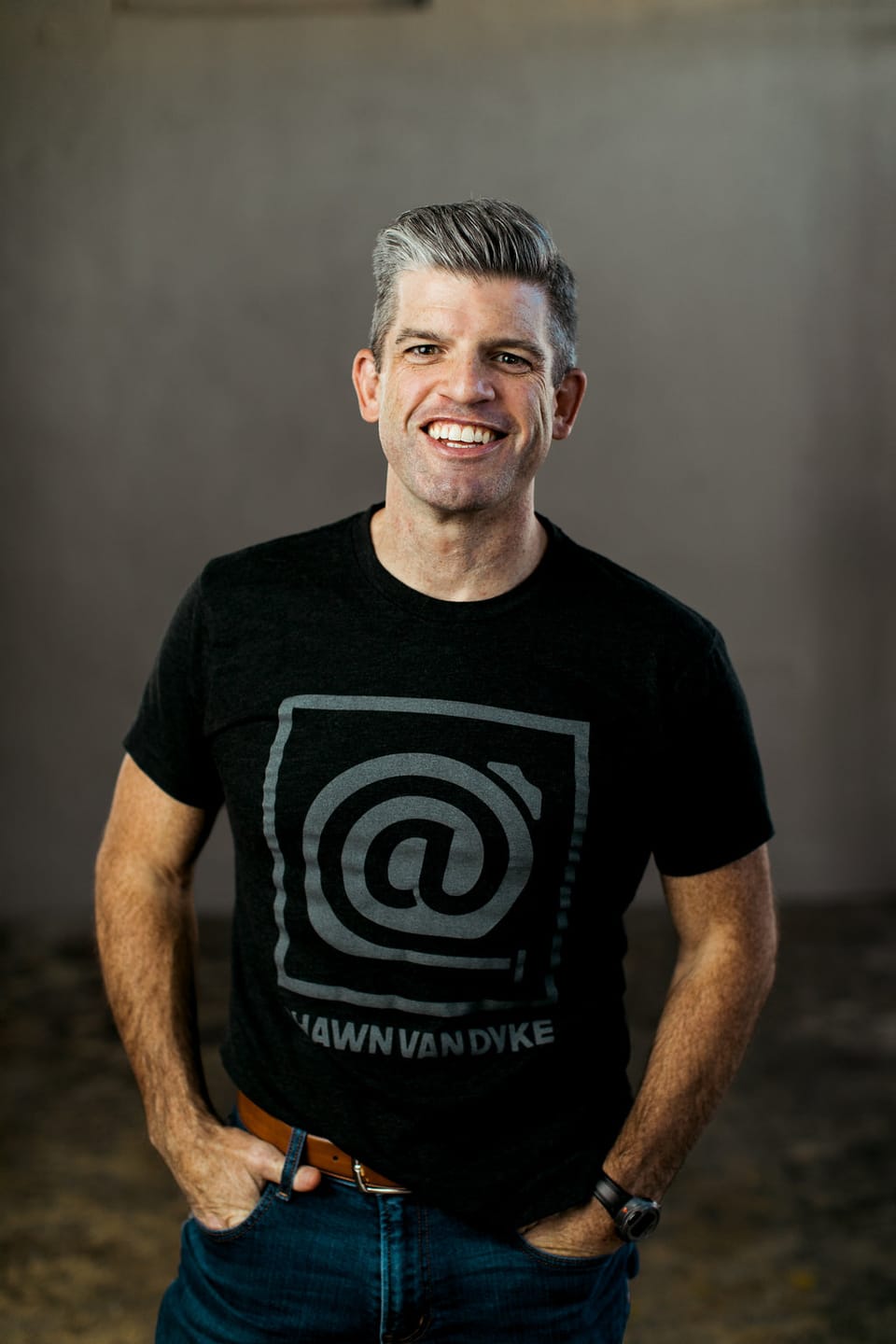How to run a profitable construction business

Most folks get into the construction business for the construction, not the business. But you’ve got to be good at both to run a profitable and sustainable enterprise.
We checked in with construction industry consultant Shawn Van Dyke, founder of the Built to Build Academy and The DataMule Agency, to find out what you can do today to get and keep your business on sound footing.
—Bianca Prieto, editor
What's the most important lesson you learned as a contractor?
Find out what you make the most margins at and focus on that. Just because you can do everything doesn't mean you should. The more specific a service or product is, the more value you can create. And the more value you can create, the more margin you can generate.
What's one thing contractors can do right now to improve profitability?
Create a separate bank account for the profits of the business and allocate and transfer a small percentage of every revenue dollar that comes in to that account. That way, you can see that money in its own account, separate from all the other money, and know if that account goes to $0, then you probably aren't really making a profit—even if the P&L says you are. And the great thing about a simple cash management system like this is that you don't have to run a financial report or ask the CPA how much profit you have. You can see the actual dollars in a bank account called "profit."
What’s a common mistake we should avoid?
Guessing at what a project will cost instead of calculating what a project costs. The reason that this is a problem is a psychological bias called the planning fallacy, the tendency to underestimate the time, costs and risks needed to complete a task or project, while also overestimating the potential benefits. Basically, humans have a tendency to assume the best-case case and plan for that, while ignoring historical data that proves conditions are never as optimized as we estimate.
Hire a professional construction bookkeeper and implement job costing/project management software. You can't outwork the math of your business. If the math isn't right, then no matter how much work you put in place, you'll never grow in a sustainable way. Get the math right and everything changes.
With so much uncertainty, how can we manage our stress levels?
Hire people who are smarter than you. It's what I call hiring above the line. There's a line, a ceiling, a cap, for your skills and abilities. When you hire below the line—you are better than that person at that skill—then all you get is help. When you hire someone above the line—meaning they are better at that thing than you are—you get freedom. Hiring help is usually less expensive in dollars, but more expensive in time, effort and stress. Hiring for freedom costs more dollars right now, but it relieves or avoids long-term stresses.
Interview by Margot Lester
Thanks for reading today's edition! You can reach the newsletter team at thelevel@mynewsletter.co. We enjoy hearing from you.
Interested in advertising? Email us at newslettersales@mvfglobal.com
The Level is curated and written by Margot Lester and edited by Bianca Prieto.
